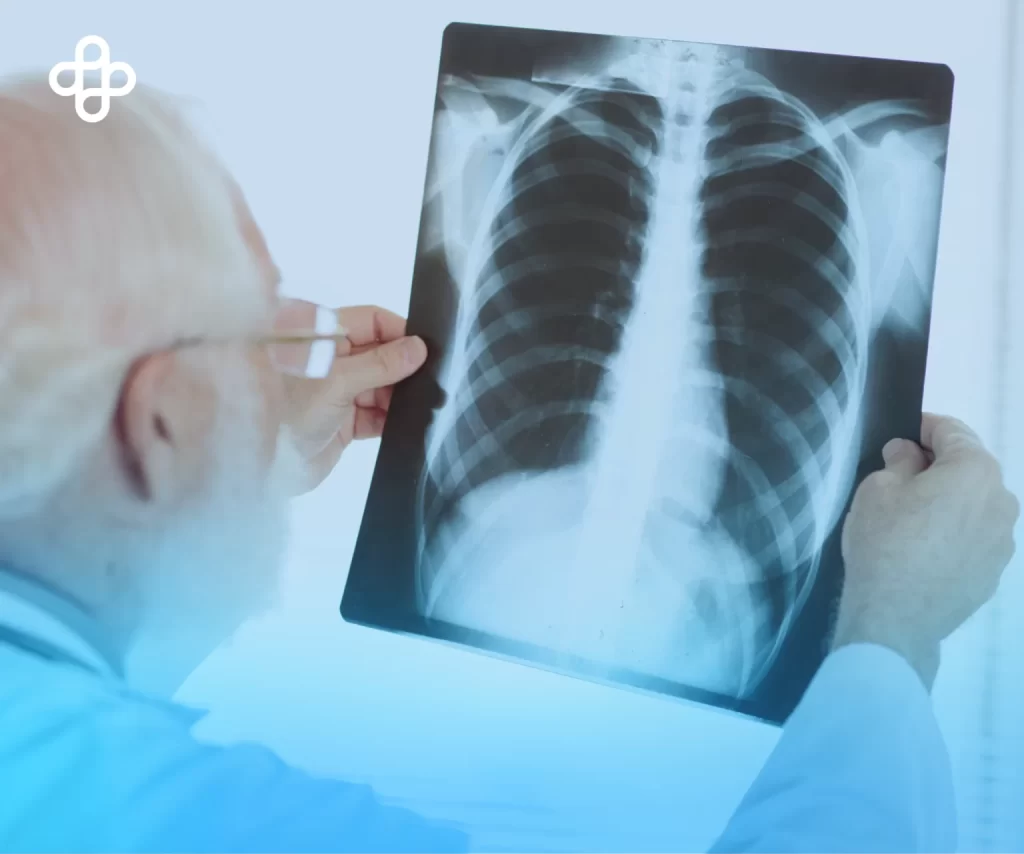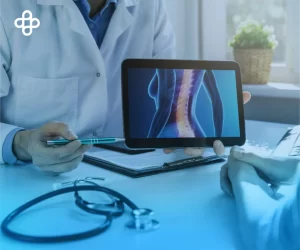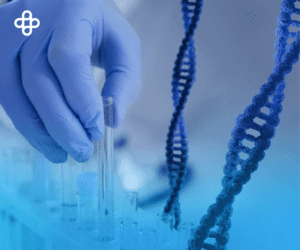Pulmonary hypertension (PH) is a severe and progressive condition marked by increased pressure in the pulmonary arteries, potentially leading to heart failure. Pursuing innovative and minimally invasive treatments has highlighted stem cell therapies as a promising natural alternative for tackling this disease. This article explores the potential of stem cells in treating pulmonary hypertension and the advancements in this field.
What is Pulmonary Hypertension?
Pulmonary hypertension occurs when the pulmonary arteries that carry blood from the heart to the lungs become hardened and narrow. This forces the heart to pump harder, leading to symptoms like fatigue, shortness of breath, and, in severe cases, right-sided heart failure. Conventional treatments, including vasodilators, oxygen therapy, and, in advanced stages, lung transplantation, often address symptoms rather than the underlying cause of the disease.
Stem Cells: An Innovative Therapeutic Approach
Stem cells possess a unique ability to self-renew and differentiate into various cell types, making them invaluable for regenerative medicine. In pulmonary hypertension, mesenchymal stem cells (MSCs)—derived from bone marrow, adipose tissue, or umbilical cords—have demonstrated therapeutic potential due to their anti-inflammatory, immunomodulatory, and vascular regenerative properties.
How Stem Cells Work in Pulmonary Hypertension
Mesenchymal stem cells influence pulmonary hypertension through several mechanisms:
- Reducing Inflammation: MSCs release anti-inflammatory factors, decreasing inflammation in lung tissue.
- Immune System Modulation: They interact with immune cells to reduce immune responses that perpetuate arterial damage.
- Vascular Repair Promotion: MSCs can differentiate into endothelial cells, improving the function of damaged arteries and lowering pulmonary arterial resistance.

Stem Cell Therapy for Pulmonary Hypertension: Research Insights
Recent Studies and Promising Outcomes
- A 2021 Journal of Clinical Investigation study demonstrated that MSCs improved heart function and reduced pulmonary pressure in animal models.
- A 2022 clinical trial at Stanford University showed significant improvements in exercise capacity and quality of life for patients treated with adipose-derived MSCs after six months.
- Research in 2023 explored induced pluripotent stem cells (iPSCs), capable of becoming any cell type. Preliminary findings revealed their potential to repair and regenerate pulmonary tissue in experimental PH models, paving the way for future patient applications.
Challenges and Ethical Considerations
Despite promising results, several challenges remain:
- The efficacy of MSCs varies depending on their source (e.g., bone marrow, adipose tissue, umbilical cord).
- iPSCs, while versatile, raise ethical and safety concerns due to genetic manipulation risks.
- Standardization and regulatory hurdles must be addressed to ensure safe and consistent treatments.
The Future of Stem Cells in Pulmonary Hypertension Treatment
Stem cell therapy for pulmonary hypertension holds transformative potential. Advances in stem cell research and manipulation are opening new avenues for personalized therapies that could repair damaged tissues with fewer side effects than conventional treatments. Ongoing clinical trials provide hope that these therapies will become viable and effective alternatives for patients shortly.
Conclusion: A Promising Natural Solution
Stem cells represent a groundbreaking, natural approach to treating pulmonary hypertension, potentially altering the disease’s course and enhancing patients’ lives. While challenges remain, current research suggests stem cell-based therapies could become a revolutionary option in the coming years.





